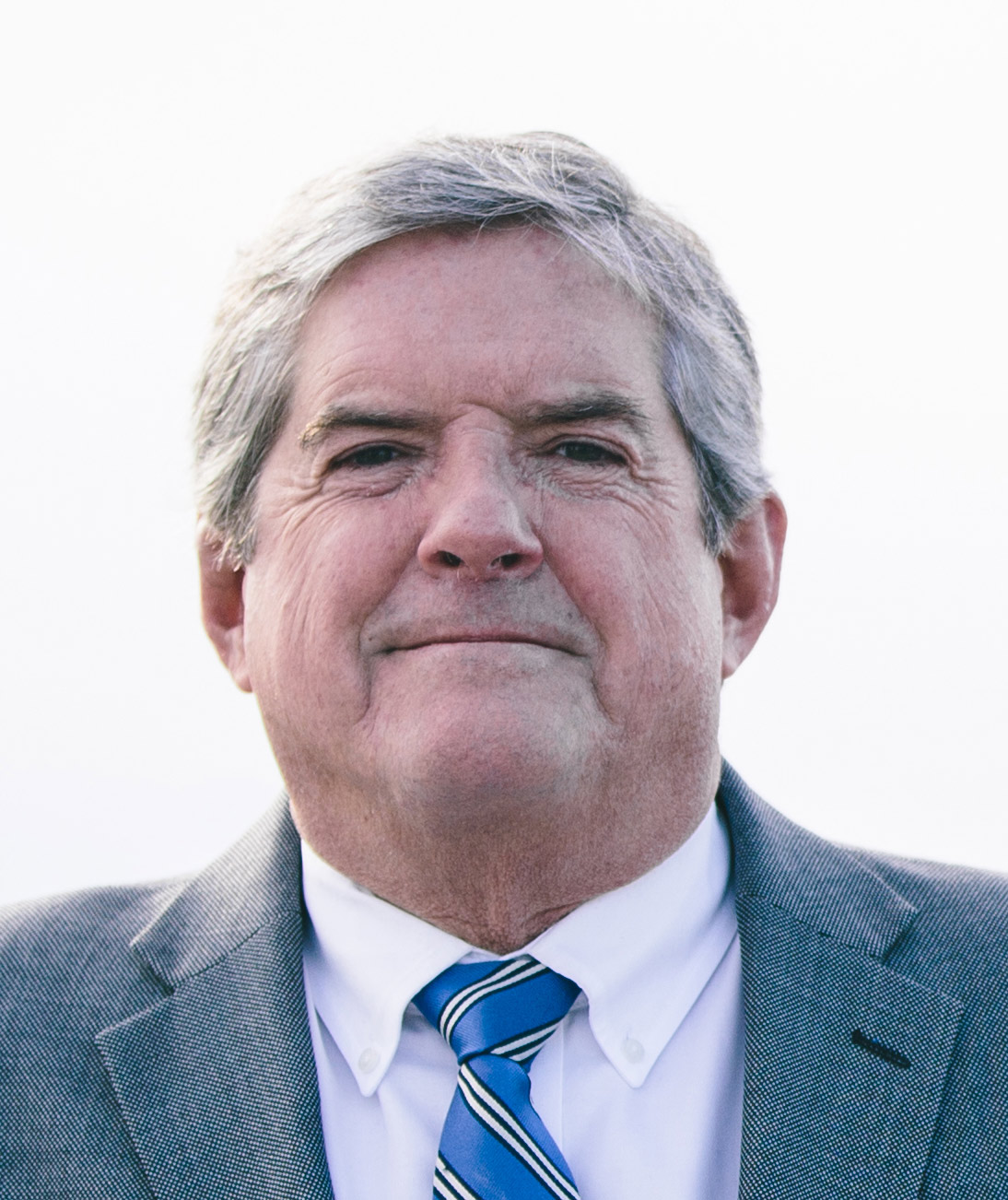
Holland & Hart

Holland & Hart
n 2021, the US Supreme Court ruled that a California regulation, which granted union organizers the right to enter onto employers’ land to solicit support for unionization, constituted an improper taking under the Fifth Amendment because it interfered with the employer’s right to exclude others from their property.
The Supreme Court’s decision explained that “the right to exclude falls within the category of interests that the government cannot take without compensation” according to Cedar Point Nursery v. Hassid, 141 S. Ct. 2063, 2073 (2021). The decision also observed that, while mandated access for union organizers might be a taking, “government health and safety inspection regimes will generally not constitute takings,” because the government is entitled to make permits and licenses contingent on “allowing access for reasonable health and safety inspections.”
In spring 2023, the Alaska House Labor and Commerce Committee introduced new legislation, House Bill, or HB, 186, proposing a novel program that might require employers to grant access to some union officials—albeit for the ostensible purpose of conducting labor inspections, not organizing. If passed into law, this bill will likely raise questions about just how far the Supreme Court’s decision in Cedar Point Nursery extends.
While VLCOs would not have authority to actually issue citations, the DOLWD would have discretion to act on the information provided and penalize employers.
Under the proposed program, volunteer officers may be union representatives, but they may not wear union insignia or engage in organizing efforts. VLCOs must also have “five years of verifiable construction experience” and complete a federal Occupational Safety and Health Administration course and program orientation, and they must provide proof of workers compensation coverage.
Whether HB 186 will be passed—and how the program would be implemented if it is—remains to be seen.
First, is this a solution in search of a problem? Our experience leads us to believe that there is no dearth of health and safety inspections by DOLWD, and we’re not aware of any other state that has a similar program on the books.
Second, there can be a fine line between “reasonable inspections” and what otherwise might pass for union activity—particularly if the volunteer inspector has access to “any book, account, record, payroll, paper or document” relating to the employer’s workforce. It is unclear, for now, what the practical effects of investigations by union-affiliated VLCOs might be.
Finally, under the current legislation, volunteer officers seem to have total discretion as to which employers they will inspect (or target), and there seems to be no limit on the frequency of inspections. Will this be used as a device to harass and hinder non-union contractors—or, for that matter, as a device to harass or hinder union contractors?
From our standpoint, HB 186 has the potential to significantly change the status quo by empowering private individuals with authority traditionally reserved to the state. Contractors beware.
